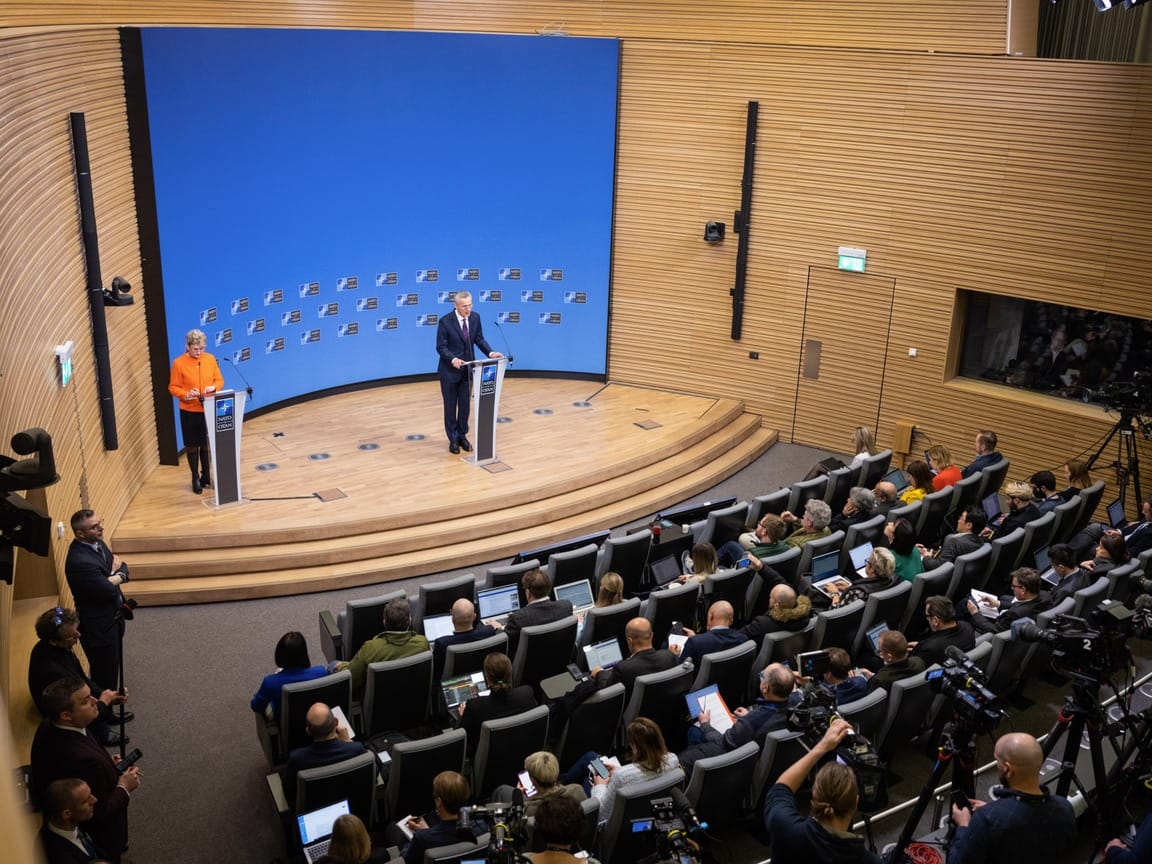Faced with Ukraine's growing defense wish list, NATO defense ministers agreed after a two-day meeting to provide Kyiv with more weaponry and training for its nearly yearlong struggle to fend off Russia's invasion.
The move reflects Ukraine President Volodymyr Zelenskyy's request for vastly more heavy weaponry and ammunition – not to mention missiles, tanks and fighter jets – to launch an expected spring counteroffensive against Russian forces.









